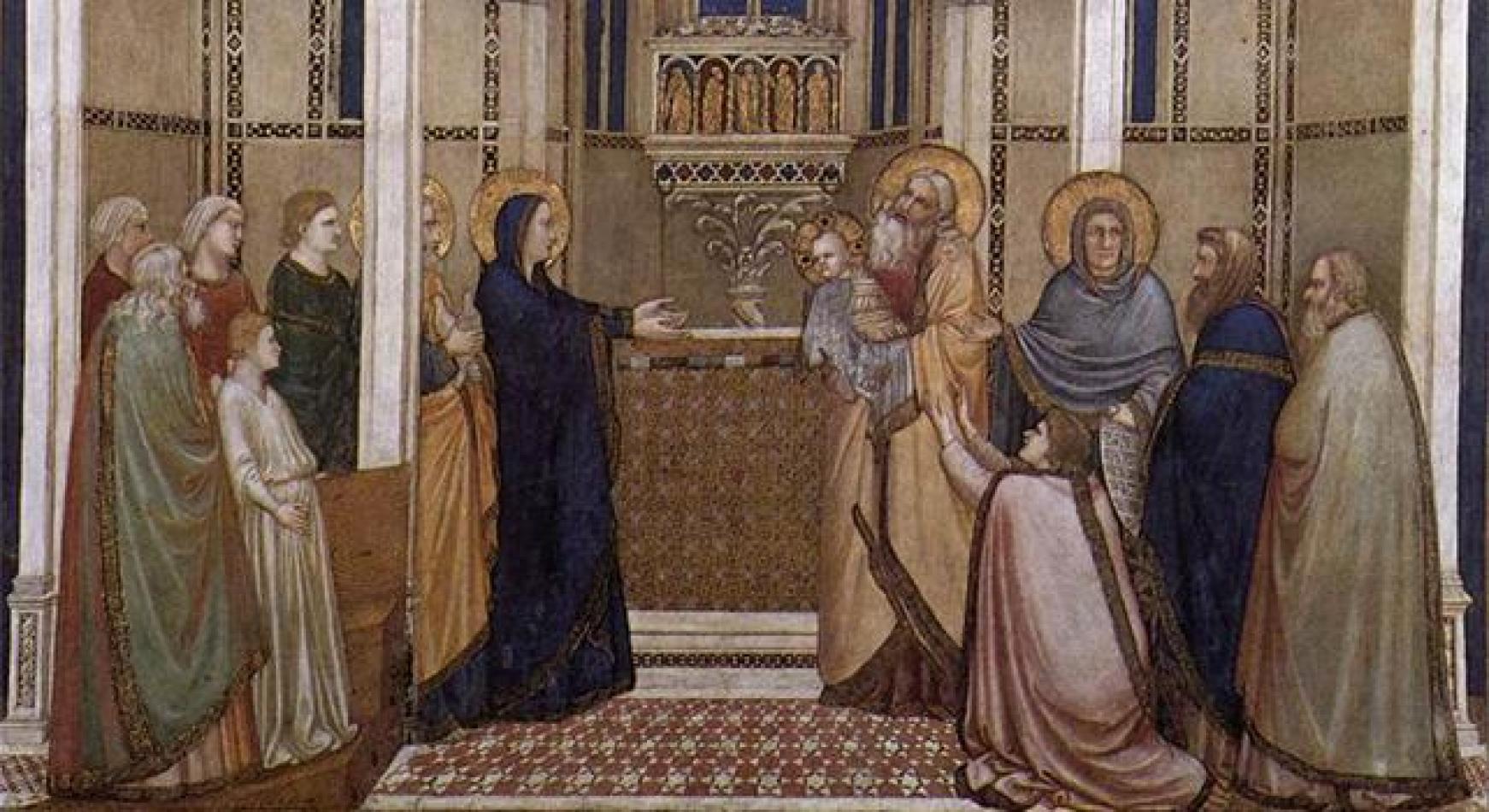Daniel Comboni
Comboni Missionaries
Institutional area
Other links
Newsletter
One of the apostles, John, saw demons cast out in the name of Jesus by one who did not belong to the circle of disciples and forbade him to do so. On recounting the incident to the master, he is heard to reply: “Do not forbid him … For he that is not against us is for us” (Mark 9:39, 40).
Three “sayings” of Jesus
A commentary on Mc 9, 38-48
The gospels, besides narrating episodes of Jesus’ life and reproducing his parables, contain also collections of “sayings”, small sentences that He surely pronounced in different times and places and the first disciples retained by heart and repeated to the new disciples that were entering the communities. In the verses we read today, we find three of these sayings that I understand as follows:
1. Goodness has no frontiers. The exact saying of Jesus is “whoever is not against us, is with us” and He pronounces it because somebody wanted to forbid people who did not belong to the group of disciples to act in the name of Jesus. It would be like forbidding someone to help the poor because he or she is not a member of the Church. Any act of goodness belongs to God; it’s a sharing in God’s goodness. We are invited to acknowledge it, be grateful and glad for it.
2. A glass of water may have an infinite value. Jesus says: “Whoever gives a glass of water in my name, will not lose the reward”. Sometimes, not much is needed to put joy in a persons’ life, to make her or him feel respected, to offer a sign of hope in the middle of difficulties. To give a glass of water is a sign of welcome, respect, availability to “give a hand” if needed. Who gives a glass of water to someone in need, is open to the other and who is open to the other is open to God. What is the “glass of water” that I could offer to the people around me?
3. Be careful, do not become a stumbling stone for the little ones! Mark puts here three sentences with a common reference to the “scandal”. We know that this word means really “stumbling stone”, trip up somebody who is defenceless, so that he falls down. Jesus, who is full of goodness and tenderness, becomes quite angry when someone lacks respect for the house (temple) of his Father or when somebody wants to trip the little ones, those who have only God to trust. You should not “joke” with the little ones of God. At the same time, Jesus tells us something that to my ears sound like that: “Do not trip up yourself; if something is doing any wrong to you, cut it, do not indulge, choose the way to righteousness with decision and clarity”.
Every Sunday, as we celebrate the Eucharist and listen to these words of Jesus, we say to Him: Amen, thank you, I wish these words to illuminate my life. Help me to make them true in me.
Fr. Antonio Villarino
Bogotá
He that is not against us is for us
Fr. Raniero Cantalamessa
Nm 11:25-29; Jas 5:1-6; Mk 9:38-43, 45, 47-48
One of the apostles, John, saw demons cast out in the name of Jesus by one who did not belong to the circle of disciples and forbade him to do so. On recounting the incident to the master, he is heard to reply: “Do not forbid him … For he that is not against us is for us” (Mark 9:39, 40).
This is a topic of great current importance. What to think of those who are outside, who do something good and show signs of the spirit, yet without believing in Christ and adhering to the Church. Can they also be saved?
Theology has always admitted the possibility, for God, of saving some people outside the ordinary ways, which are faith in Christ, baptism and membership in the Church.
This certainty has been affirmed in the modern age, after geographic discoveries and increased possibilities of communication among peoples made it necessary to take note that there are innumerable people who, through no fault of their own, have never heard the proclamation of the Gospel, or have heard it in an improper way, from conquistadors and unscrupulous colonizers that made it quite difficult to accept.
The Second Vatican Council said that “the Holy Spirit offers everyone the possibility, in a way known only to God, to be associated with this paschal mystery of Christ and, therefore, to be saved” [“Gaudium et Spes,” no. 22. Editor’s note].
Has our Christian faith changed? No, as long as we continue to believe two things: First, that Jesus is, objectively and in fact, the only mediator and savior of the whole human race, and that also those who do not know him, if they are saved, are saved thanks to him and his redeeming death. Second, that also those who, still not belonging to the visible Church, are objectively “oriented” toward her, form part of that larger Church, known only to God.
In our Gospel passage, Jesus seems to require two things from these people “outside”: that they are not “against” him, that is, that they do not positively combat the faith and its values, namely, that they do not willingly place themselves against God.
Second, that, if they are unable to serve and love God, that they at least serve and love his image, which is man, especially the needy. It says, in fact, continuing with our passage, still speaking of those “outside”: “whoever gives you a cup of water to drink because you bear the name of Christ, will by no means lose his reward.”
However, having clarified the doctrine, I believe it is also necessary to rectify something more: our interior attitude, our psychology as believers. One can understand, but not share, the poorly concealed contrariety of certain believers on seeing every exclusive privilege fall which is linked to their faith in Christ and membership in the Church: “Then, of what use is it to be good Christians?”
We should, on the contrary, rejoice immensely given these new openings of Catholic theology. To know that our brothers outside of the Church also have the possibility of being saved: What is there more liberating and confirming of God’s infinite generosity and will than “that all men be saved” (1 Timothy 2:4)? We should make the desire of Moses our own as recorded in Sunday’s first reading: “Would that the Lord might bestow his spirit on them all! (Numbers 11:29).”
Knowing this, should we leave everyone in peace in their own conviction and cease to promote faith in Christ, given that one can also be saved in other ways? Of course not.
But what we should do is emphasize the positive more than the negative reason. The negative is: “Believe in Jesus, because whoever does not believe in him will be eternally condemned”; the positive reason is: “Believe in Jesus, because it is wonderful to believe in him, to know him, to have him next to one as savior, in life and in death.”
Zenit






